North Korea says satellite launch failed in second attempt, vows to try again
North Korea says its second attempt to put a military reconnaissance satellite into orbit has failed, but vows to try for the third time in October.
In the early hours of Thursday, North Korea's National Aerospace Development Administration (NADA) conducted the second launch of reconnaissance satellite Malligyong-1 aboard the new-type carrier rocket Chollima-1, the country's official KCNA news agency reported.
The attempt, made at the Sohae Satellite Launching Ground in Cholsan County of North Phyongan Province, failed after the rocket booster experienced a problem during its third stage.
"The flights of the first and second stages of the rocket were normal, but the launch failed due to an error in the emergency blasting system during the third-stage flight," NADA told KCNA, stressing that it would investigate and take steps to fix the cause of Thursday’s failure but that it "is not a big issue" in terms of the rocket system’s overall reliability.
"Nada expressed … that it would conduct the third reconnaissance satellite launch in October after thoroughly probing the reason and taking measures," the report added.
The North’s first attempt also went wrong in May, when the booster and payload of its new Chollima-1 rocket crashed into the sea due to a failure in the second stage, with authorities in Pyongyang blaming the setback on an unstable and unreliable new engine system and fuel.
The pre-dawn launch prompted a brief emergency warning in Japan's southernmost Okinawa prefecture.
The nuclear-armed country, which is under harsh sanctions by the United Nations and the United States for its nuclear and ballistic missile programs, has been seeking to put what would be its first military reconnaissance satellite into orbit, saying it plans a fleet of satellites to monitor moves by American and South Korean troops.
North Korea has been very open about its rocket development program, saying Pyongyang’s objective is to defend the nation against US aggression exemplified in its continuous military drills and deployment of nuclear weapons to the Korean Peninsula.
US fighter aircraft shot down ‘in friendly fire’ amid aggression on Yemen
Yemeni FM: Israel’s sponsors accountable for ongoing aggression on Sana’a
Eight Palestinians killed as Israel attacks Gaza school, hospitals
VIDEO | Rome, Milan host new protests in solidarity with Palestinians
Dec. 21: ‘Axis of Resistance’ operations against Israeli occupation
Spain jurists demand ties with Israel ties be cut
VIDEO | Press TV's news headlines
VIDEO | Iran honors top Science Olympiad medalists


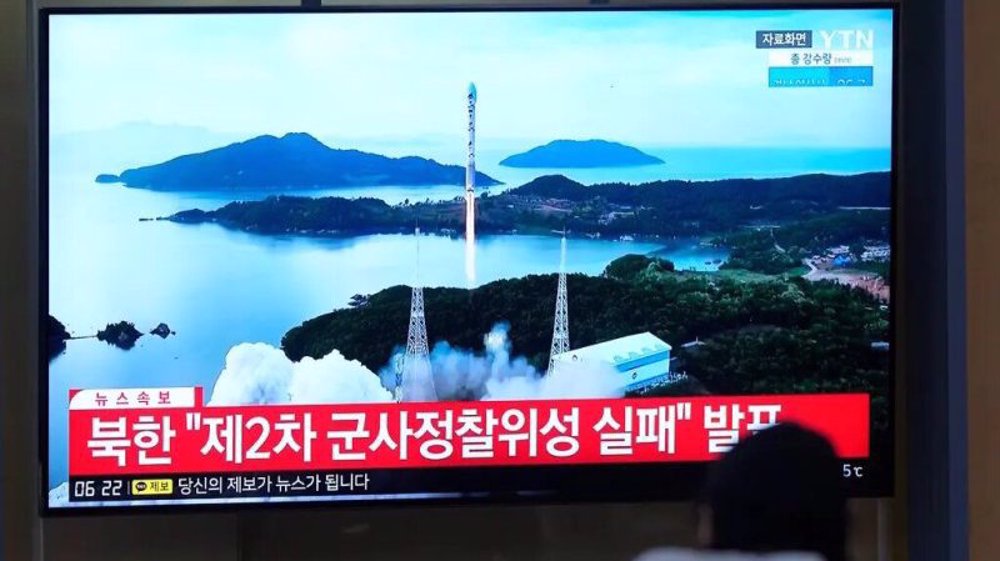
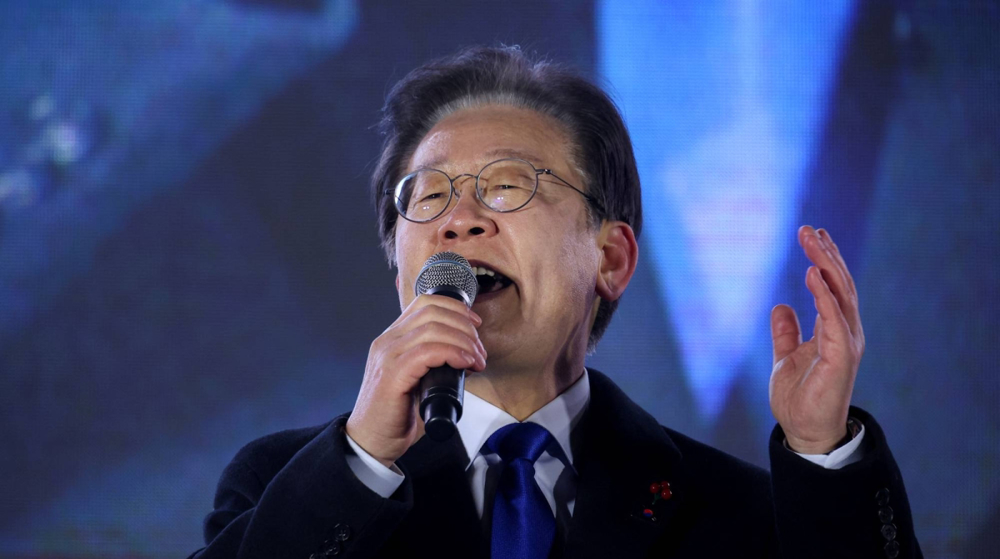

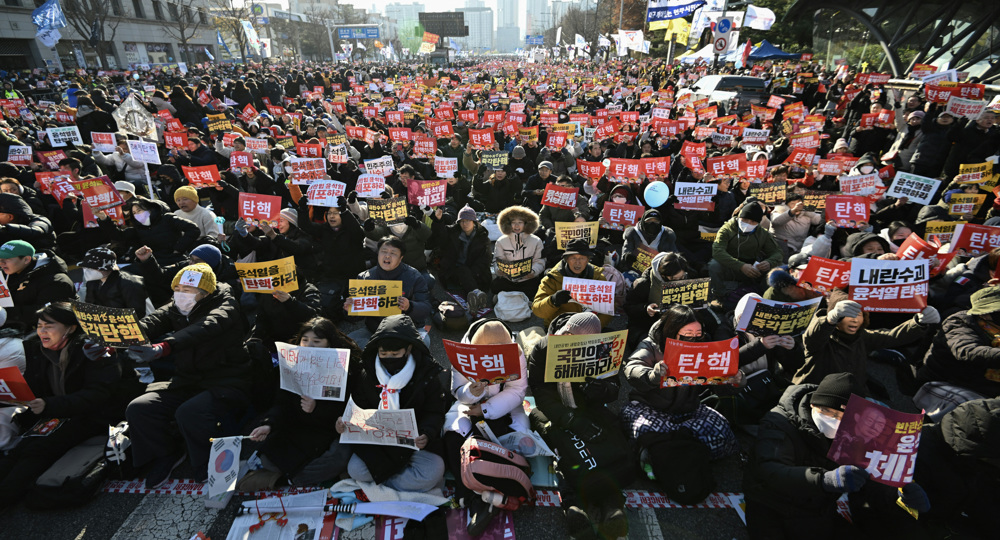



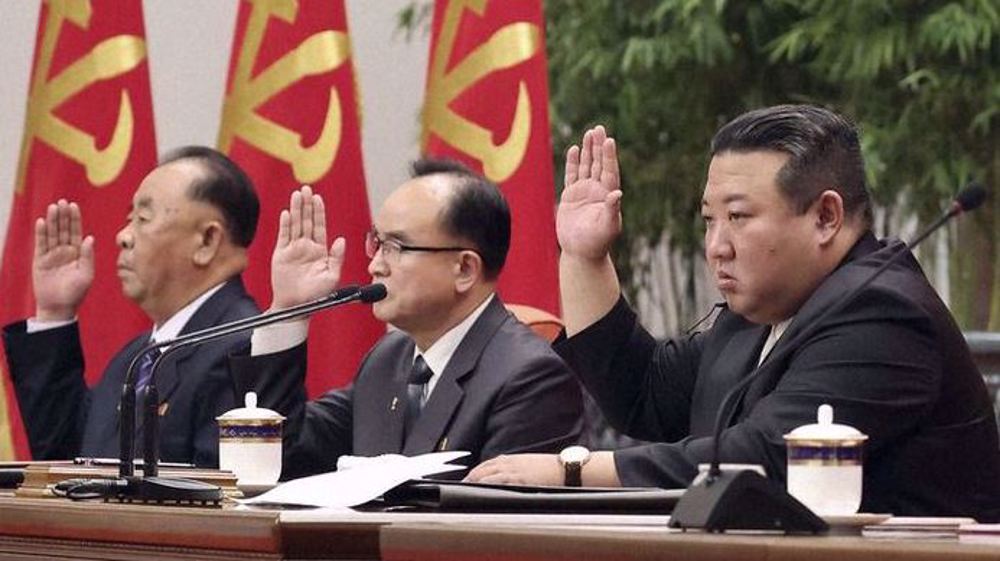
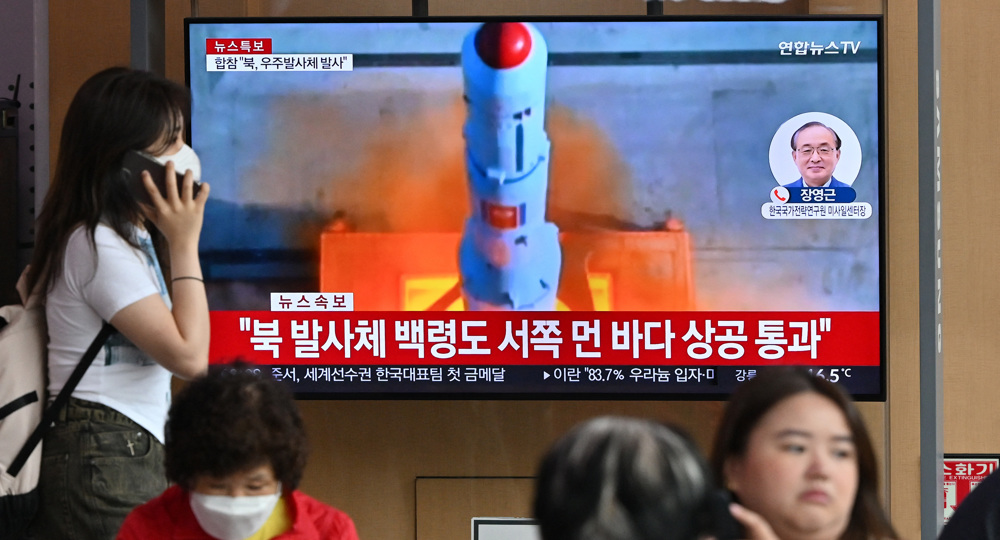
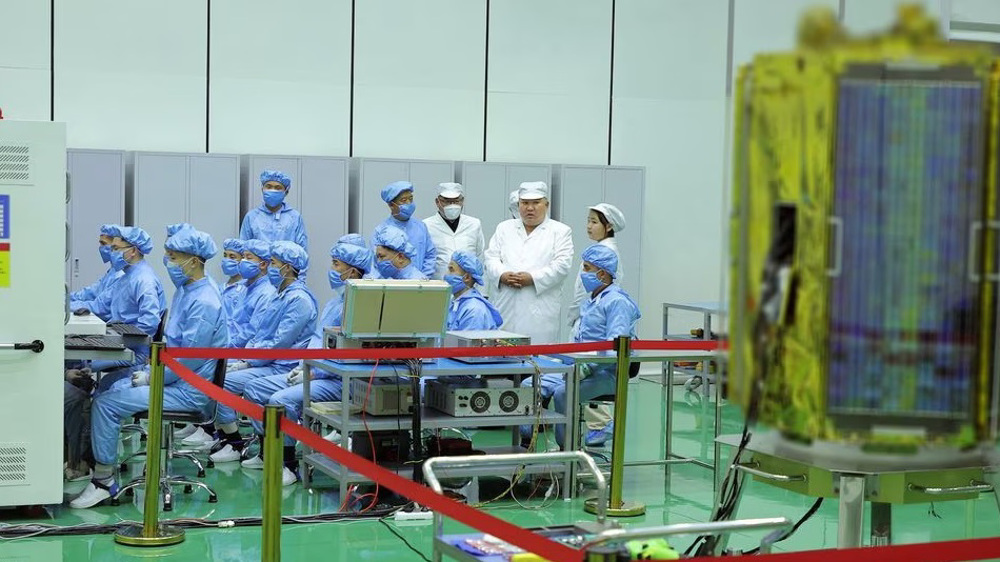

 This makes it easy to access the Press TV website
This makes it easy to access the Press TV website